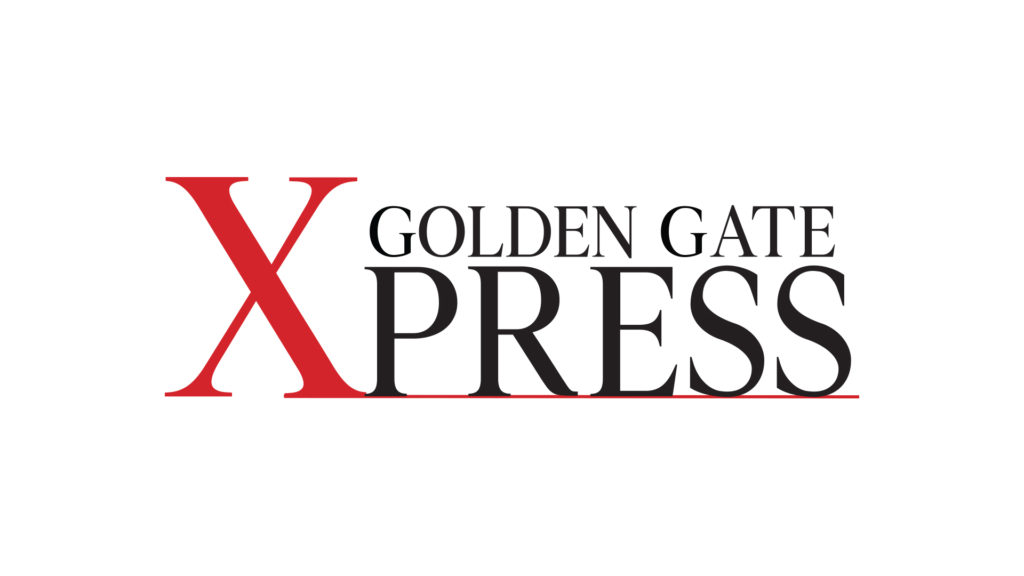The California State University system altered its approach to addressing sexual misconduct allegations March 29, after a Jan. 4 California Court of Appeals decision found gaps in the Title IX case review process.
A University of Southern California football player, identified as John Doe in litigation, was accused of having non-consensual sex with a student athletic trainer, and after the university completed a Title IX investigation, Doe was expelled.
Doe sued USC’s Title IX investigator Kegan Allee, maintaining he did not get a fair hearing because his accuser and witnesses were not questioned by a neutral third party who could determine their credibility. In a Jan. 4 ruling, Superior Court Judge Howard L. Halm agreed.
“…in a case such as Doe’s, in which a student faces serious discipline for alleged sexual misconduct, and the credibility of witnesses is central to the adjudication of the charge, fundamental fairness requires that the university must at least permit cross-examination of adverse witnesses at a hearing…before one or more neutral adjudicator(s) with the power independently to judge credibility and find facts,” Halm wrote in his ruling.
Like USC, no cross-examination system previously existed within CSU’s Title IX procedures, and so up until Friday’s announcement, all 23 schools halted ongoing investigations into sexual misconduct in the wake of the Doe v. Allee.
SF State administrators did not announce to the campus community that sexual misconduct investigations would be put on hold, however, and SF State Vice President and Title IX Coordinator Luoluo Hong said the omission was on the advice of CSU legal counsel.
In past cases CSU Title IX investigators, like those at USC, assumed multiple roles: gathering evidence, interviewing witnesses, determining credibility, writing reports on findings and deciding both guilt and discipline. But Halm said conferring that many conflicting roles on one person is problematic.
“The notion that a single individual, acting in these overlapping and conflicting capacities, is capable of effectively implementing an accused student’s right of cross-examination by posing prepared questions to witnesses in the course of the investigation ignores the fundamental nature of cross-examination: adversarial questioning at an in–person hearing at which a neutral fact finder can observe and assess the witness’ credibility,” Halm ruled.
Hong said in light of Doe vs. Allee, CSU updated Executive Orders 1096, 1097 and 1098, which determine how campuses respond to sexual misconduct accusations.
“The interim policy and addendum represent the California State University System’s ongoing commitment to ensure a fair and thorough process, as well as to comply with changing legal requirements,” Hong said in a mass email to the SF State community April 3.
The Title IX section of the University website details the new investigation and review process for claims of sexual misconduct and outlines how it affects each party involved in a case.
Both the accused and the accuser can draft unresolved questions about each others’ respective witnesses in search of truth. The questions are asked in-person by a hearing officer, but either party can request to attend the hearing remotely so they are not required to see the other, and both are allowed to bring an advisor and one support person to the hearing.
“To clarify, there are no impending changes to Title IX at the present time,” Hong wrote in an email to Xpress. “We [will] continue forward under those federal guidelines as we always have.”
According to SF State’s announcement, policy changes will not impact rulings on cases resolved before 2019, because those decisions adhered to the guidelines and laws in place previously.







